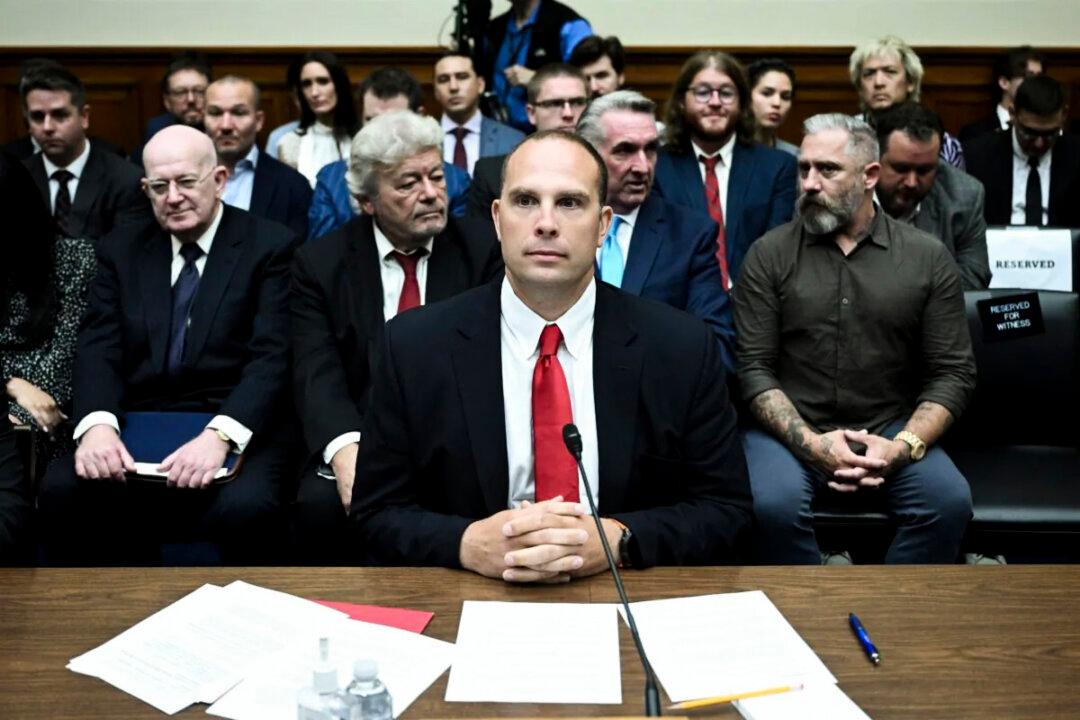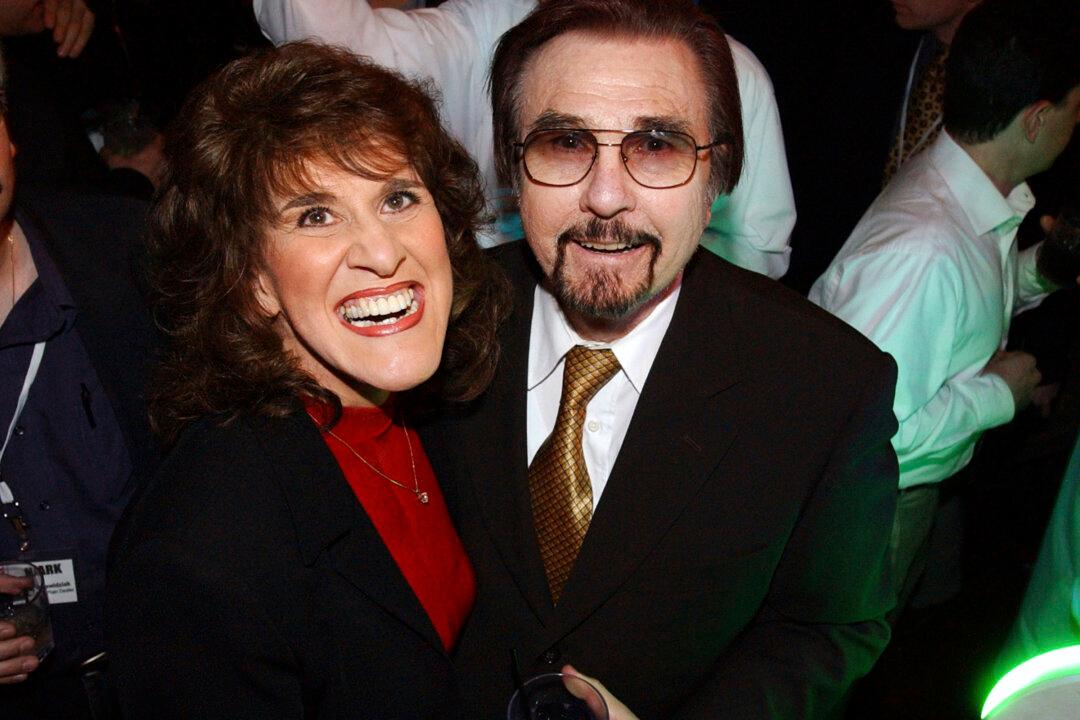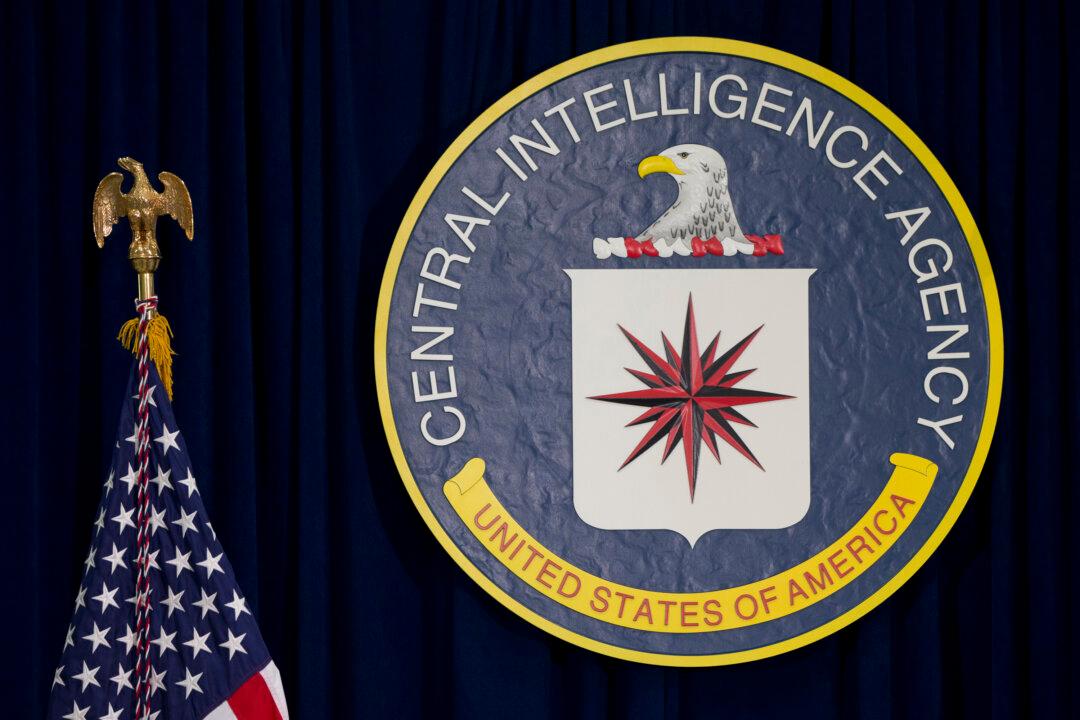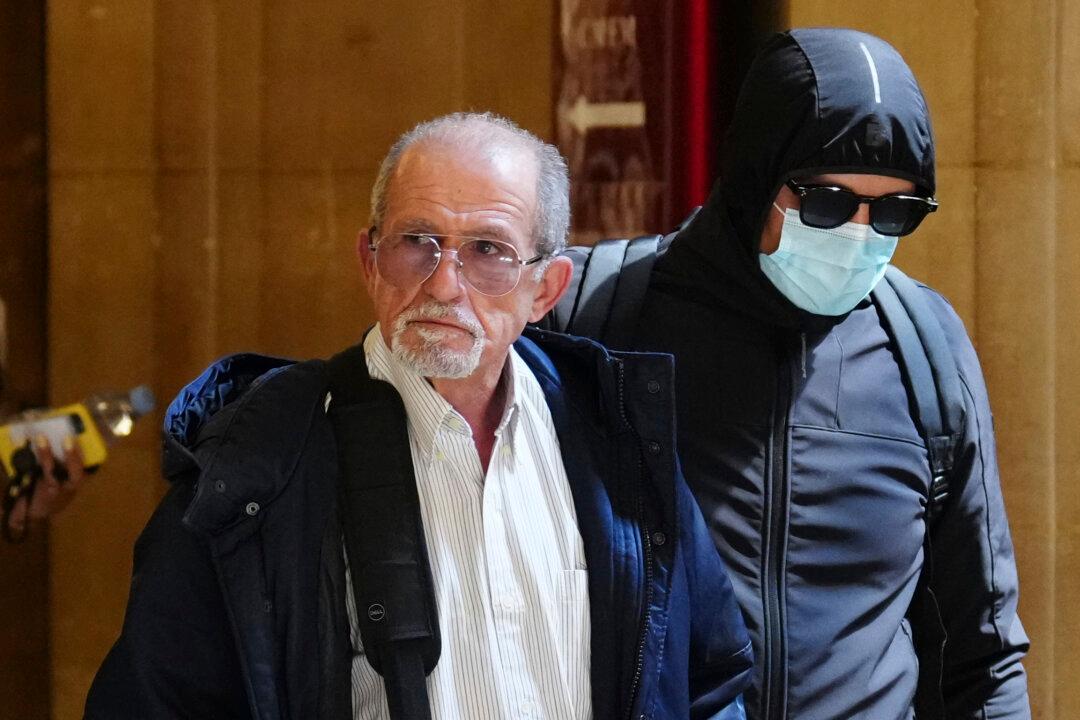A classified briefing on UFOs delivered to members of the House Oversight and Accountability Committee on Friday elicited a mixed response, with some saying they were dissatisfied by the fragmented information presented, while others were grateful to receive some more clarity.
Interest in UFOs, which officials now call unidentified aerial phenomena (UAP), surged in July 2023 when the Oversight Committee invited Air Force veteran David Grusch to speak after he’d filed a formal complaint with the Inspector General of the U.S. intelligence community, claiming “the U.S. government is operating with secrecy—above Congressional oversight” on the subject.





